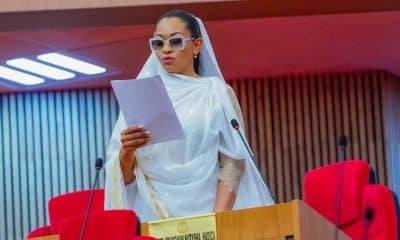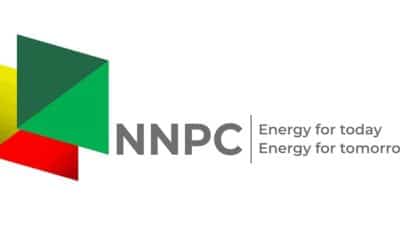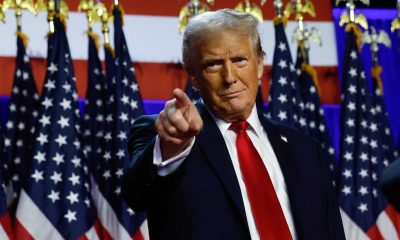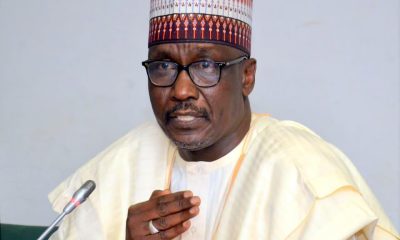Nigeria News
EFCC Bans US Dollar Transactions In Nigeria, Orders Embassies To Transact In Naira
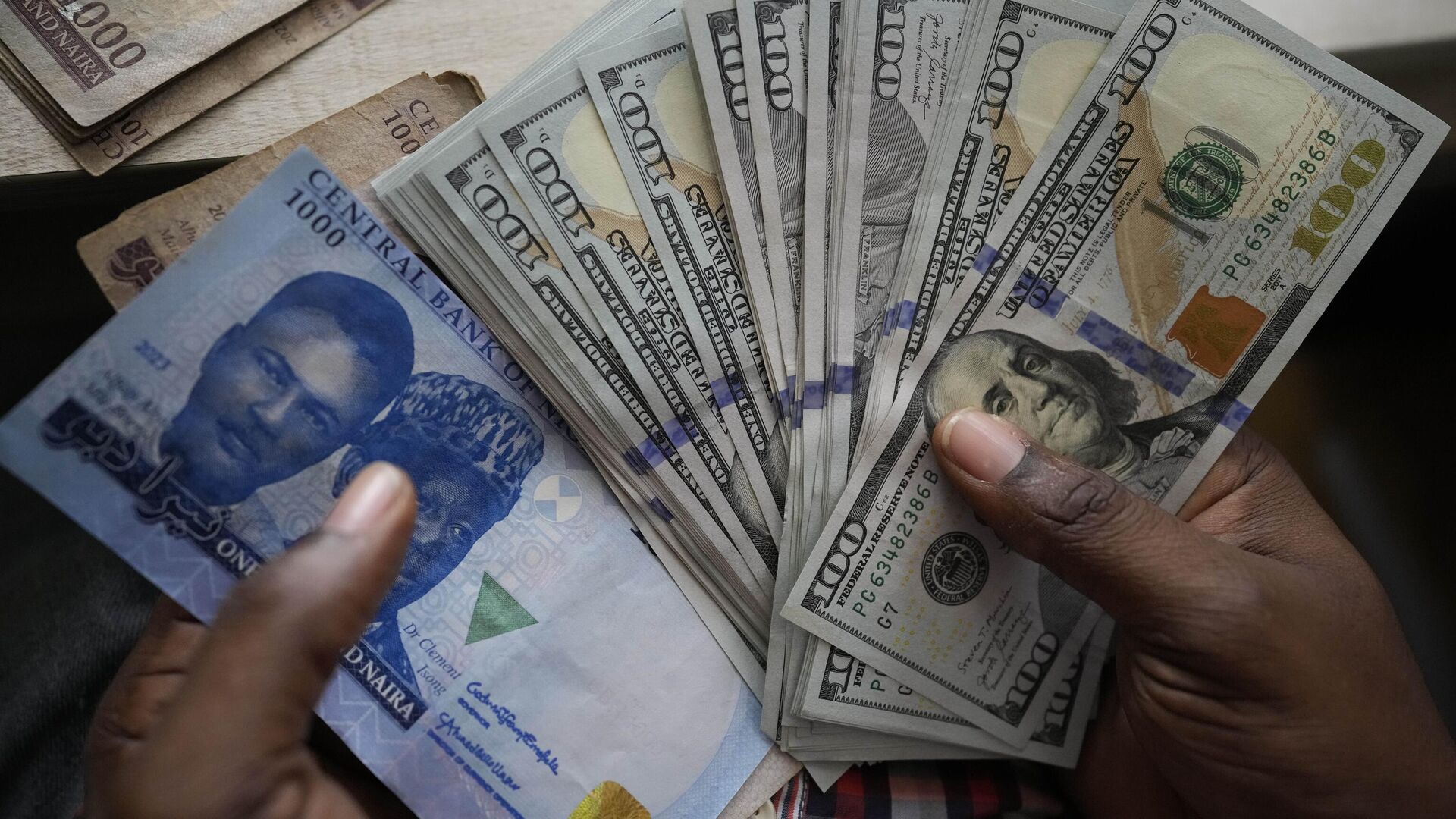
The Economic and Financial Crimes Commission (EFCC) has issued a strong warning to foreign missions operating in Nigeria, prohibiting them from conducting transactions in foreign currencies and requiring them to use the Naira for their financial activities.
Furthermore, the EFCC has instructed Nigerian foreign missions located abroad to accept the Naira for their financial operations.
The EFCC said this decision becomes necessary to combat the dollarization of the Nigerian economy and the devaluation of the Naira.
In an advisory titled “EFCC Advisory to Foreign Missions against Invoicing in US Dollar,” sent to the Minister of Foreign Affairs, Ambassador Yusuf Tuggar, the anti-graft commission expressed its concerns and dissatisfaction with the practice of some foreign missions invoicing consular services to Nigerians and other foreign nationals in the country using the United States dollar.
In a letter dated April 5, 2024, addressed to the Minister of Foreign Affairs, the Chairman of the EFCC, Ola Olukoyede, expressed disappointment regarding the invoicing of consular services in Nigeria in dollars by foreign missions.
The EFCC referred to Section 20(1) of the Central Bank of Nigeria Act, 2007, which designates the currencies issued by the central bank as the only legal tender in Nigeria.
The letter read, “I present to you the compliments of the Economic and Financial Crimes Commission, and wish to notify you about the commission’s observation, with dismay, regarding the unhealthy practice by some foreign missions to invoice consular services to Nigerians and other foreign nationals in the country in United States dollar ($).
“This practice is an aberration and unlawful as it conflicts with extant laws and financial regulations in Nigeria. Section 20(1) of the Central Bank of Nigeria Act, 2007 makes currencies issued by the apex bank the only legal tender in Nigeria.
“It states that ‘the currency notes issued by the Bank shall be the legal tender in Nigeria on their face value for the payment of any amount’.
“This presupposes that any transaction in currencies other than the naira anywhere in Nigeria contravenes the law and is, therefore, illegal.
“In light of the above, you may wish to convey the commission’s displeasure to all missions in Nigeria and restate Nigeria’s desire for their operations not to conflict with extant laws and regulations in the country.”
EFCC Goes After Schools, Hotels, Others Charging Customers In Dollars
The EFCC recently announced its plan to clamp down on schools, hotels, supermarkets, and other business outfits in Nigeria that charge customers in dollars and other foreign currencies.
The EFCC said such action is unacceptable as it puts pressure on the Naira.
The EFCC Head of Media and Publicity, Dele Oyewale, emphasized that it is against the law for business outfits and organizations to charge and accept foreign currencies including dollars, pounds, yen and others for such local transactions
According to him, the anti-graft agency has set up a task force of 7,000 individuals to tackle dollar fraudsters and other illegal foreign exchange transactions in the country.
“The task force is not just to monitor naira abuse alone but for the whole economy. So, the EFCC is working to ensure that those breaking the rules find their way back to the right path so that the wrath of the law will not be on them.
“Yes, everyone knows that it is illegal to charge in other denominations apart from the naira. Whether in Chinese or American currency, any transaction that is not denominated in naira in Nigeria, the EFCC is against it.
“So, the task force is in place to check that and Nigerians should be happy about that. It is not just schools, hotels but other entities across the country that are doing this must come back to the naira as our legal tender.’’
“Naira is the symbol of our economy and everything that has to do with the economy in Nigeria must be done in naira,” Oyewale told Punch on Thursday.



